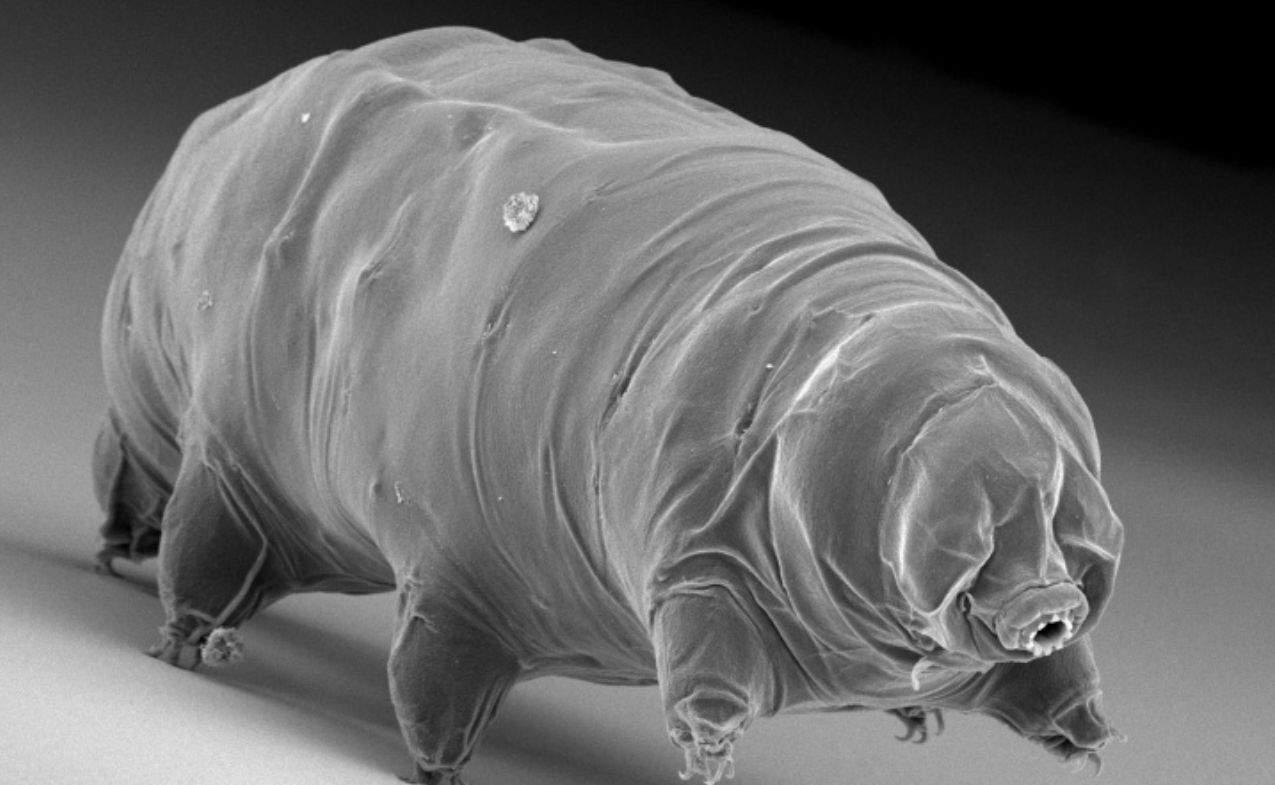Tardigrades are quite good at adjusting to challenging environmental circumstances.
In the past, Ralph Schill, a professor at the University of Stuttgart’s Institute of Biomaterials and Biomolecular Systems, shown that dried tardigrades can remain unharmed for many years without drinking water.
It was previously unknown whether they age more quickly or more slowly in a frozen state, or even if aging stops altogether. But the riddle is now clear: tardigrades that have been frozen do not age.
Tardigrades, sometimes referred to as water bears, are nematodes. There is only one similarity between them and bears in their gait.
The tardigrades, which are only one millimeter long, have evolved to be fully able to adapt to quickly changing climatic conditions and may dry out in extremely hot temperatures and freeze in extremely cold ones.
Schill adds, “They don’t die, they fall into a deep sleep”.
The Sleeping Beauty theory
Different types of stress might result from freezing or drying out for a cell organism. However, tardigrades are unaffected by either extreme of heat or cold.
They no longer exhibit any recognizable life signals. It also begs the question of what happens to the animals’ internal clocks while they are at rest and whether they age.
Ralph Schill and his colleagues addressed the issue of aging in dried tardigrades, which spend several years in their habitat waiting for the next rain. In a Grimm Brothers’ fairytale, the princess goes into a deep sleep.
One hundred years later, she is kissed by a prince and when she awakens, she still has the same youthful beauty. This theory is sometimes referred to as the “Sleeping Beauty” hypothesis because it holds true for tardigrades in a dried state (“Sleeping Beauty” model).
The internal clock halts during periods of inactivity and only starts up again when the organism is revived, according to Schill.
Therefore, tardigrades—which typically only have short lifespans of a few months without rest—can live for several years or even decades.
It was previously unknown whether this also applied to frozen animals. Do they mature more quickly or more slowly than the dried animals, or does aging stop altogether?
When frozen, even the aging process ceases.
Schill and his colleagues investigated this by freezing more than 500 tardigrades at -30 °C, thawing them out, counting them, feeding them, and freezing them again.
This process was continued until all animals died. Control groups were kept at a constant room temperature at the same time. The comparison with the control groups indicated an essentially equal lifespan when the time spent in the frozen state was excluded.
Schill adds, “So even in ice, tardigrades stop their internal clocks like Sleeping Beauty”.
Schill and colleagues reported their findings and methodology in the Journal of Zoology.
Image Credit: Getty
You were reading: Scientists Just Found Tardigrades Have A Freaking Weird Superpower
